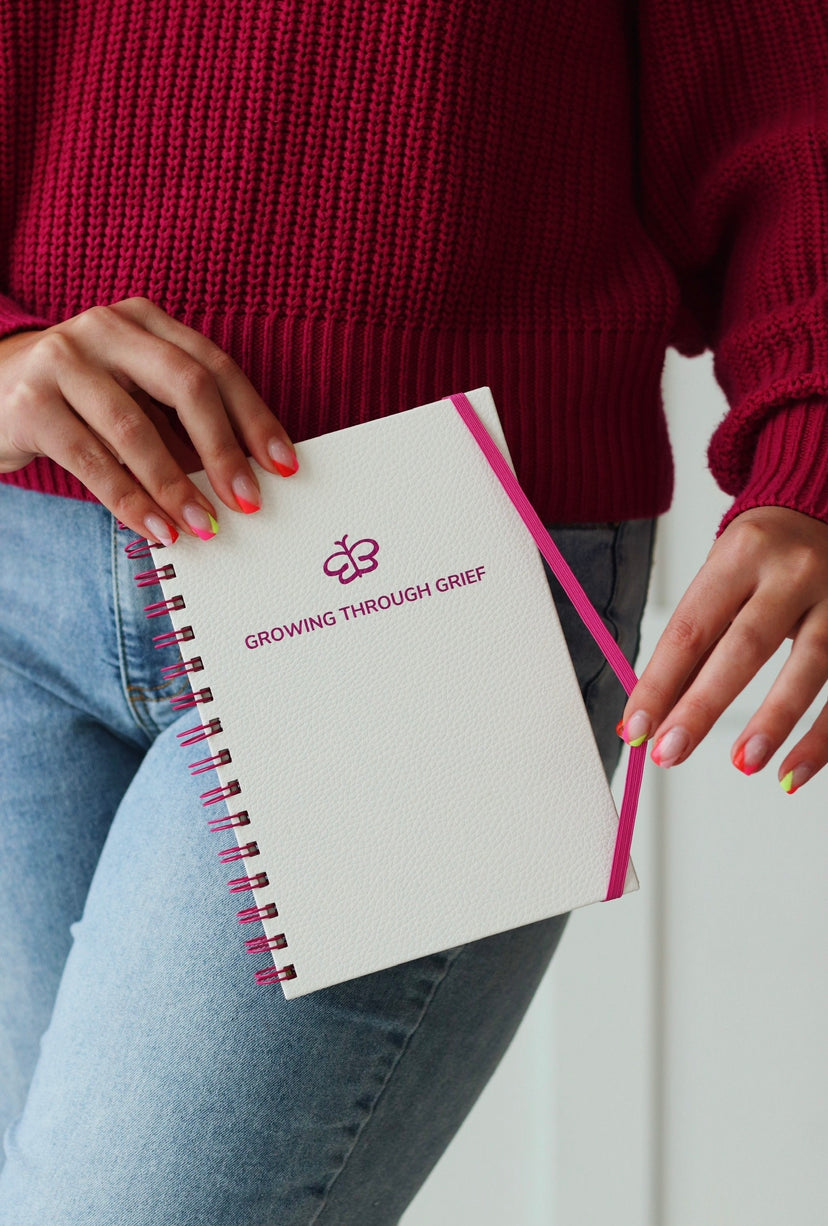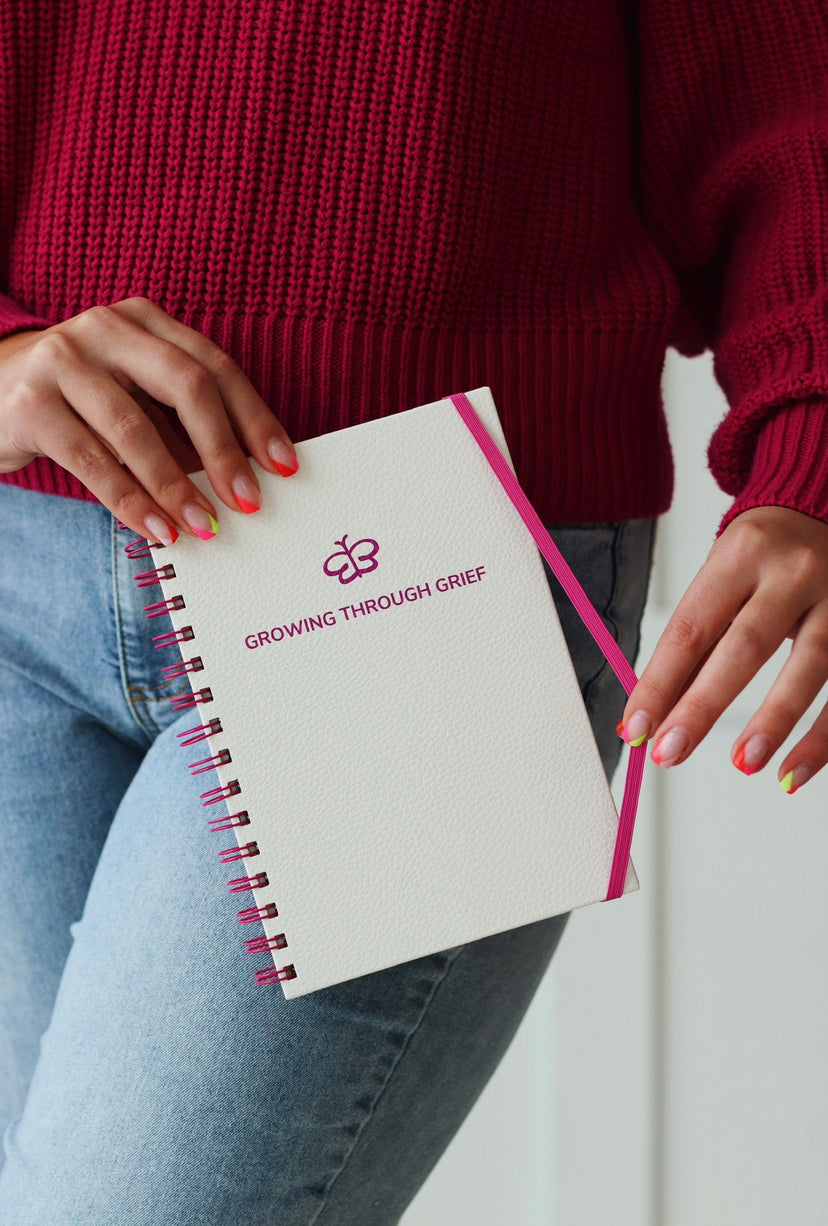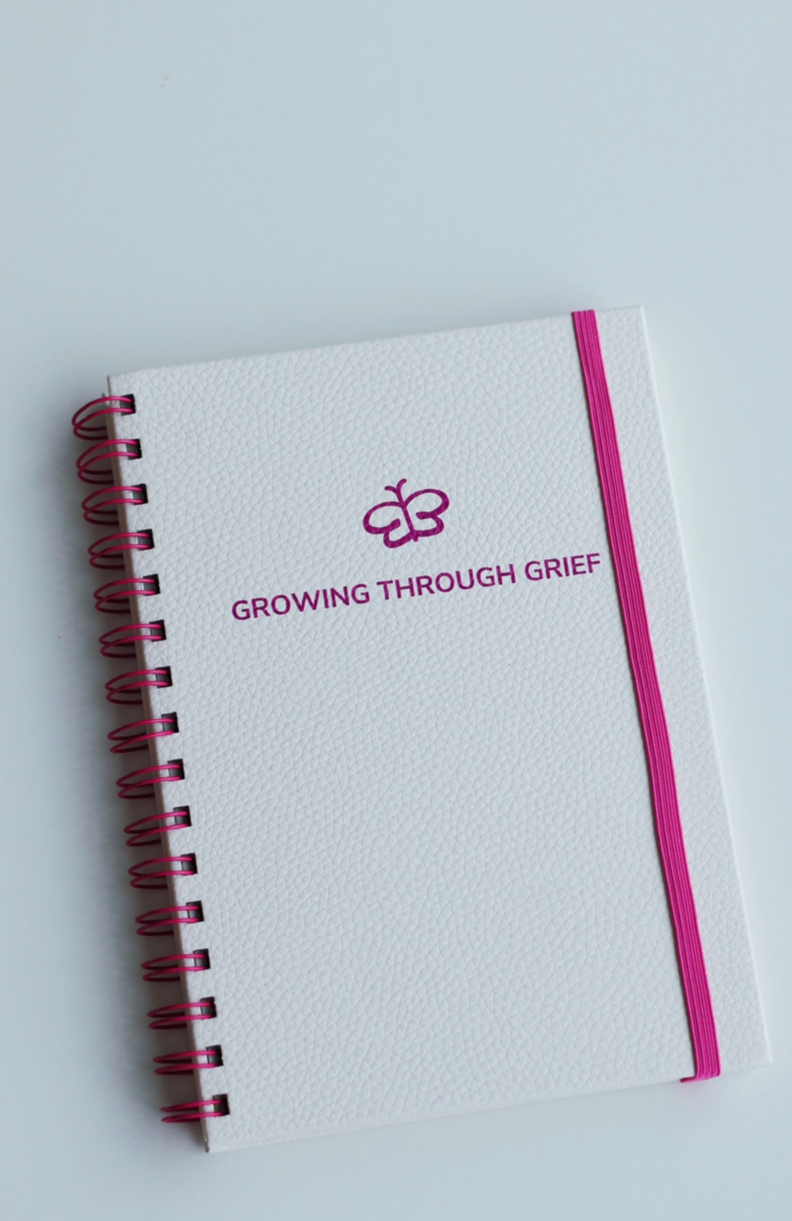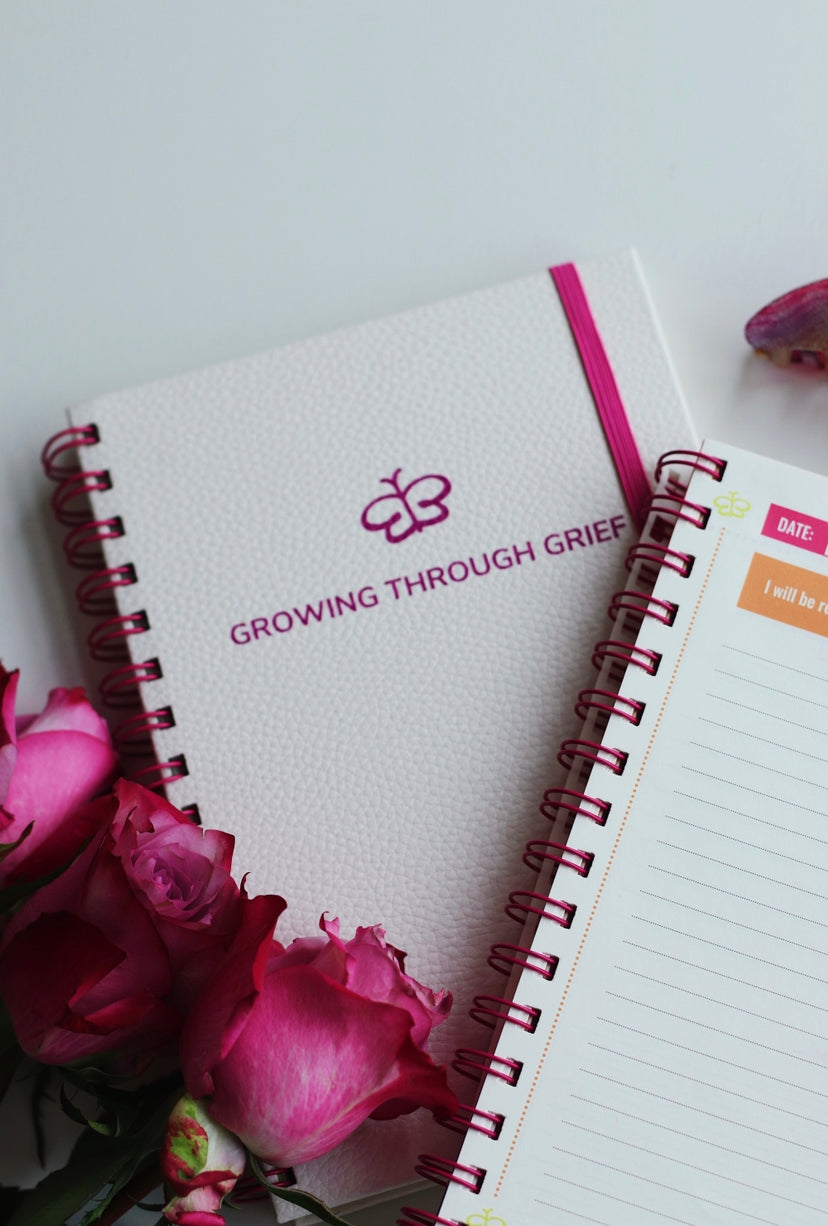Going through a divorce can be one of the most difficult times in anyone's life. With that said, it is also possible to learn how to move forward from the end of a marriage with grace and acceptance. Keep reading to learn some tips and techniques on how to handle the emotional aftermath of a divorce and start anew.
Acknowledge and Accept the New Reality.
Acknowledge and accept the reality that your marriage is over. This can be a difficult process, as it may mean letting go of a sense of identity, security and connection that was connected to the marriage. It can help to take some time for yourself, give yourself space and be patient with yourself through your emotions. Journaling can be one of your greatest tools as you walk through this grief filled transition. Talk to someone you trust about what you are feeling and look for spiritual or religious support if helpful. Taking things one day at a time is important and will help you on the road to healing.
Reach Out to Friends & Family for Support.
It can be difficult to go through a divorce and manage the emotions that come with it, so it’s important to reach out for support. Lean on family and friends who feel safe that can understand, listen and offer advice if asked. Talking to someone who has walked in similar shoes, such as a therapist or other divorced individuals, may also be beneficial. Knowing that you are not alone can make all the difference when navigating your feelings during this new stage of life.
Take Time to Grieve in Healthy Ways.
It’s important to recognize that all people experience grief differently and there is no set timeline for the process. Allow yourself to feel sad, angry, or other emotions in a healthy way. (Check out our Feelings Wheel Download HERE)
Spend time with trusted friends and family, try new activities, or journal about your feelings. Avoid any negative behaviors such as overindulging in food or alcohol, engaging in abusive relationships, or turning to drugs and other potentially dangerous outlets.
Practice Self-Care and Mindfulness Techniques.
It's important to practice self-care and mindfulness when handling the aftermath of a divorce. Find ways to clear your head and relax, such as taking a yoga class, getting a massage, journaling, or going out for a walk. Meditation can be particularly helpful in guiding your thoughts in more positive directions, as can writing down your feelings on paper. Additionally, engaging in activities that bring you joy like painting, joining an exercise group, or attending religious services can help alleviate some of the emotional pain associated with this difficult time.
Seek Professional Guidance if Desired.
If you feel like it would be helpful, getting professional therapy or counseling from a divorce specialist can provide support and expert guidance during this difficult time. Counseling provides a safe and non-judgemental environment to work through your emotions and explore methods for dealing with them. It also allows you to vent your feelings and get advice on various aspects of life post-divorce, such as developing coping strategies or discussing important topics like finances, living arrangements, and custody matters if children are involved.



















